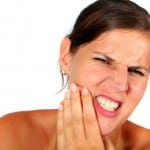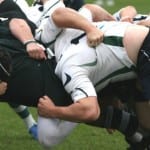Types of dental emergency
There are many different types of dental emergency, including:
- Severe dental pain or toothache
- Dental fractures
- Knocked out tooth
- Severe cut lip
- Jaw fracture
What to do in a dental emergency
If you have severe tooth pain that is getting worse and not subsiding with over the counter pain relief, contact us and we will try to arrange an appointment for you as quickly as possible. One of the most common causes of serious dental pain is an abscess, which is a fluid-filled sac caused by a build-up of bacteria. You may find it beneficial to rinse your mouth with Corsodyl mouthwash.
If your tooth has been knocked out, try to find it and then rinse it (hold the crown section of the tooth rather than the root) and hold it between your cheek and your gum. If you manage to get to a dentist within half an hour they may be able to re-implant the tooth.
If you have broken or fractured your tooth, call the practice as quickly as possible. If you experience swelling, holding a cold compress against your cheek can help to ease pain and inflammation. At City Dental, we will advise you about treatment options once we know how severe the fracture is.
If you think you may have fractured your jaw, you will need to go to the nearest hospital with an Accident and Emergency department. Your jaw will be X-rayed and then an appropriate course of treatment can be planned.











